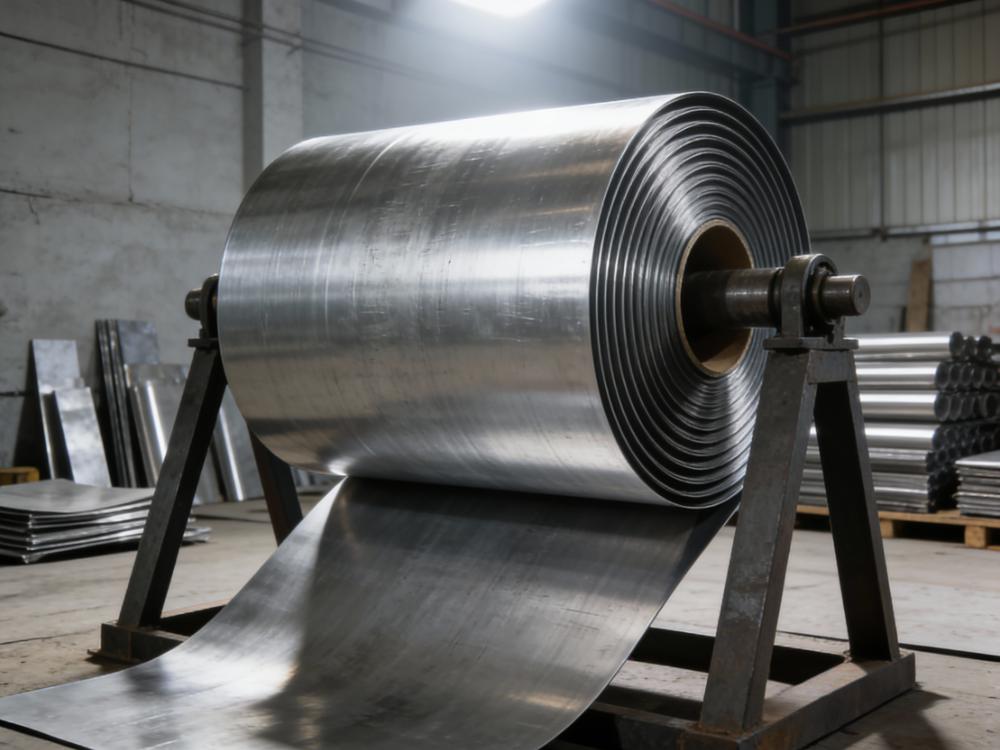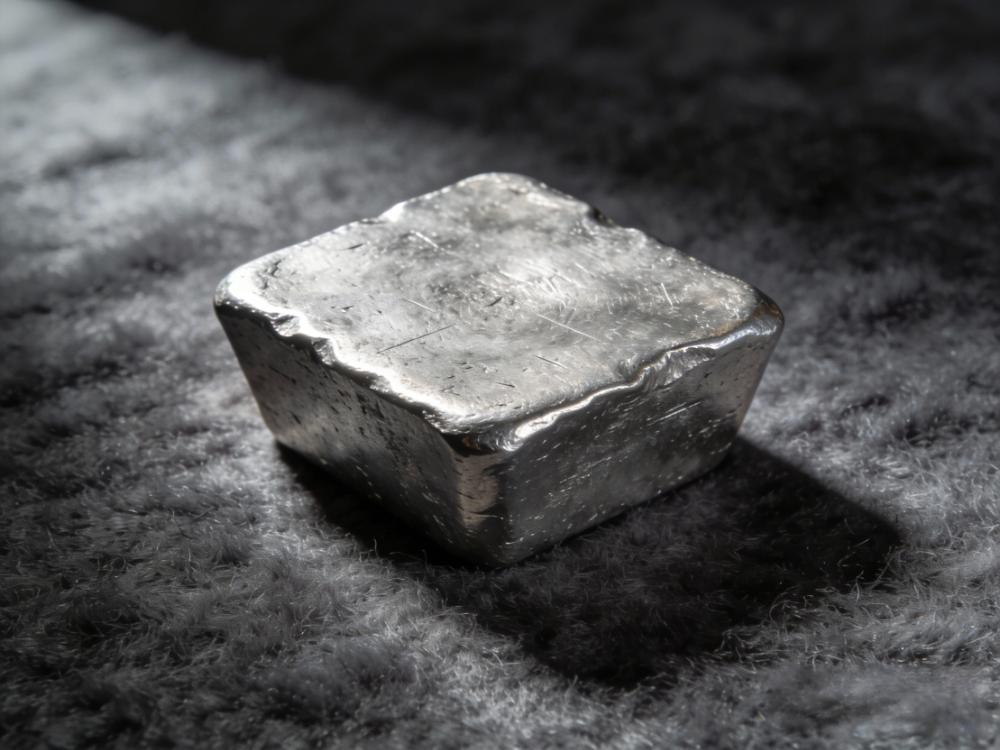On June 13, 2024, the State Council issued the Fair Competition Review Regulations, which will take effect on August 1, 2024.
At the initial stage of the policy release, SMM conducted a survey on secondary lead producers' views and published an article.
In August, as the Fair Competition Review Regulations were implemented as scheduled, SMM further tracked market dynamics and surveyed secondary lead smelters that utilize lead-acid battery scrap. Smelters in Jiangsu, Henan, Ningxia, and other regions stated that they had not previously enjoyed local preferential tax rebate policies or had long ceased to enjoy them. Representatives from smelters in Zhejiang, Anhui, Shandong, and other regions indicated that they had not yet received formal notices from local governments regarding the cancellation of preferential tax rebates. Amid this wait-and-see sentiment, secondary lead smelters responded differently to scrap procurement. Some smelters lowered the purchase price of battery scrap to offset the estimated increased costs due to the cancellation of preferential tax rebates. Other smelters issued notices to stop purchasing battery scrap, waiting for final confirmation from local governments and observing the response of nearby smelters to learn from their experiences.
Regarding the tax-inclusive price of electric vehicle lead-acid battery scrap, a downward trend began in late July, with the decline intensifying in August. The reasons for the price drop include the estimated cost increase due to the cancellation of preferential tax rebates (with large smelters leading the way in lowering battery scrap purchase prices to offset the anticipated cost increase) and the follow-up decline after lead prices plunged due to fundamentals and capital operations (the price drop of secondary refined lead necessitated lowering raw material costs to balance).
According to market feedback, after the sharp drop in battery scrap prices in August, scrap traders initially rushed to sell off their inventory and later stopped collecting and adopted a wait-and-see approach. The arrivals of battery scrap at secondary lead smelters also significantly decreased. With the continuous plunge in lead prices and battery scrap prices, most smelters, having high raw material inventory levels, also chose to stop purchasing, leading to a decline in market trading activity for battery scrap. As raw material inventories are digested, the production of secondary lead smelters will have a particularly important impact on lead prices.
If the situation regarding the cancellation of preferential tax rebates becomes clear by the end of August and the sentiment of falling lead prices eases, secondary lead smelters may choose to continue purchasing battery scrap to stabilize production, potentially leading to a rebound in battery scrap prices and supporting lead prices. If raw material inventories remain tight by the end of August, market sentiment is poor, and lead ingot profits are low, it is expected that secondary lead smelters will be more willing to shut down for maintenance, leading to a significant decline in secondary lead supply. By mid-September, if the traditional peak season for lead-acid battery consumption materializes, lead prices may show a rebound trend.
SMM will continue to pay attention to and report on the latest news regarding the cancellation of preferential tax rebates by regional governments and the response changes in the secondary lead industry.



